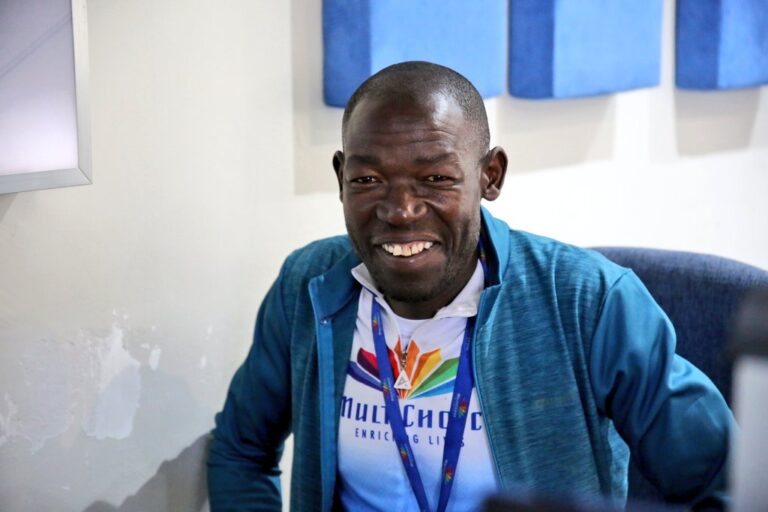
South African singer and actress Itumeleng Bokaba, known for her role on *Rhythm City*, recently made headlines after revealing that she was paid a mere 59 cents for her vocal contribution to Kwesta’s hit song *Mayibabo*. The revelation was shared in a TikTok video, where Bokaba opened up about her struggle to receive credit and fair compensation for her work on the popular track, which also features DJ Maphorisa, DJ Buckz, and Okmalumkoolkat.
Bokaba’s Fight for Recognition
In her TikTok video, Bokaba, who is also a former YoTV presenter, detailed how she fought to be recognized for her contribution to the song. She sang the chorus for *Mayibabo* but was initially uncredited. She took steps to address this issue by contacting the South African Music Rights Organisation (SAMRO), which handles royalties for artists. Despite her efforts, Bokaba received only 59 cents as compensation for her work.
“I was told by Nota that the money was given to Themba,” Bokaba said, referring to DJ Maphorisa, whose real name is Themba Sekowe. Despite the shockingly low payout, Bokaba expressed a mixture of frustration and resignation, joking, “At least I made 59 cents.”
Industry Struggles and Credit Issues
Bokaba’s revelation has sparked a conversation about the struggles many South African artists face in the music industry, particularly when it comes to receiving fair compensation and recognition. *Mayibabo* was a significant hit, and many fans remember Bokaba’s powerful chorus as one of the standout elements of the song. However, despite the song’s success, the fact that Bokaba did not receive appropriate recognition or compensation points to deeper issues within the music industry.
Fans on social media were quick to rally behind Bokaba, with many expressing their outrage at the treatment she received. One fan commented, “Her chorus is what made the song for me,” while another added, “It’s sad that she didn’t even get credit for such a big song.”
The situation is further complicated by Bokaba’s claim that DJ Maphorisa received the money that was meant for her. This has fueled discussions on transparency and fairness in the distribution of royalties within the industry. Some fans even pointed out that Bokaba had previously spoken out about not being paid for another project she worked on with popular singer Makhadzi.
### Public Reaction
The revelation has struck a chord with South Africans, many of whom took to social media to express their disappointment with the music industry. Fans praised Bokaba for her talent, with one user saying, “Mampho can sing, bathong. She has such a nice voice,” while another noted that her voice was the most memorable part of *Mayibabo*.
There were also calls for greater transparency and accountability in the industry. Some fans referenced other recent cases where artists have spoken out about not receiving due credit or payment for their work. “These guys are dangerous,” one user wrote, highlighting the systemic nature of the problem.
Bokaba’s situation is unfortunately not unique, but her public disclosure has shed light on the struggles that many behind-the-scenes artists face when it comes to receiving proper credit and financial compensation for their contributions.
Conclusion
Itumeleng Bokaba’s story is a stark reminder of the challenges that artists face in the South African music industry. Despite contributing to a hit song, her payment of just 59 cents reflects the need for more robust structures to ensure that artists are properly compensated and recognized for their work. As fans continue to voice their support for Bokaba, her story could potentially inspire broader discussions on reform and fairness in the music industry.







